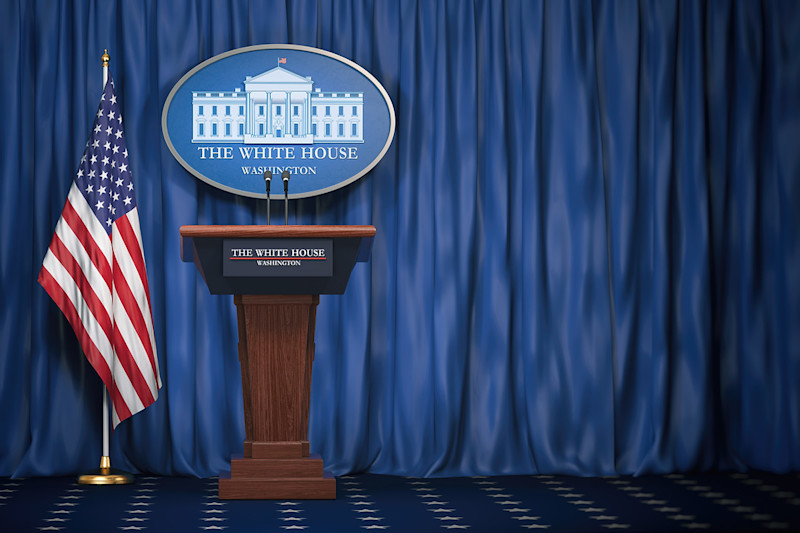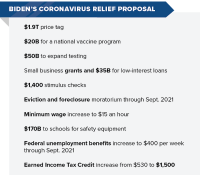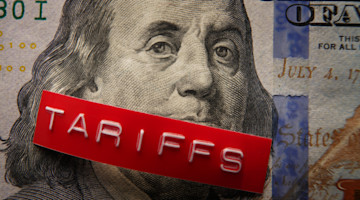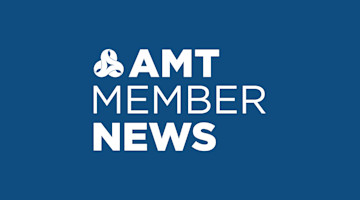COVID-19 relief The first 100 days of a president’s term is often called the honeymoon period, when friends and opponents alike offer support in a gesture of goodwill. This time, however, Biden’s honeymoon was over days before he took the oath of office when he released his proposed $1.9 trillion coronavirus relief package on Jan. 14 (see graphic). He’s already getting pushback from moderates and conservatives who question the need for another deficit-financed spending package so soon after the one passed in December. Negotiations are ongoing between the White House and a bipartisan group of lawmakers.
Besides getting his stimulus plan through Congress, Biden has set an ambitious agenda for his first 100 days. On his first day in office, he signed 17 executive actions that fall into four broad categories: the pandemic, economic struggles, immigration and diversity issues, and the environment and climate change. He also pledged to send immigration and infrastructure legislation to Congress, issues that have bipartisan support. Days later, the president signed an executive order which imposed stricter domestic content rules in federal procurement and created a senior-level position to oversee the administration’s made-in-America policy. Throughout his campaign, the president spoke about supporting domestic manufacturing with buy-American proposals and investments; in July, he released his “Buy American – Make in America” proposal worth over $700 billion to boost investment in U.S. firms and domestic manufacturing.
Trade Biden’s focus on trade is on re-engagement. He’ll work to improve relationships with U.S. allies and build a coalition to address China’s unfair trade policies. It’s unlikely that he will move quickly to eliminate tariffs on imports from China, but he is expected to remove tariffs on the EU, Canada, and other allies (see chart). There is a chance that the president could impose tariffs or revoke subsidies on firms that move jobs overseas.
Cabinet confirmations
The Senate immediately began the confirmation process for the president’s cabinet nominees. In the first days of the session, the Senate approved two top security officials, Avril Haines as the director of national intelligence and retired General Lloyd Austin as the secretary of defense, and former Federal Reserve Chair Janet Yellen as treasury secretary. It’s notable that during her testimony, Dr. Yellen offered some assurance to Republicans who expect the administration to propose repealing parts of the 2017 Tax Cut and Jobs Act. She stated that while the president wants to make changes to the law, including raising the corporate tax rate and imposing a “wealth tax,” such changes are not a priority while the country continues to suffer the pandemic’s impacts.








